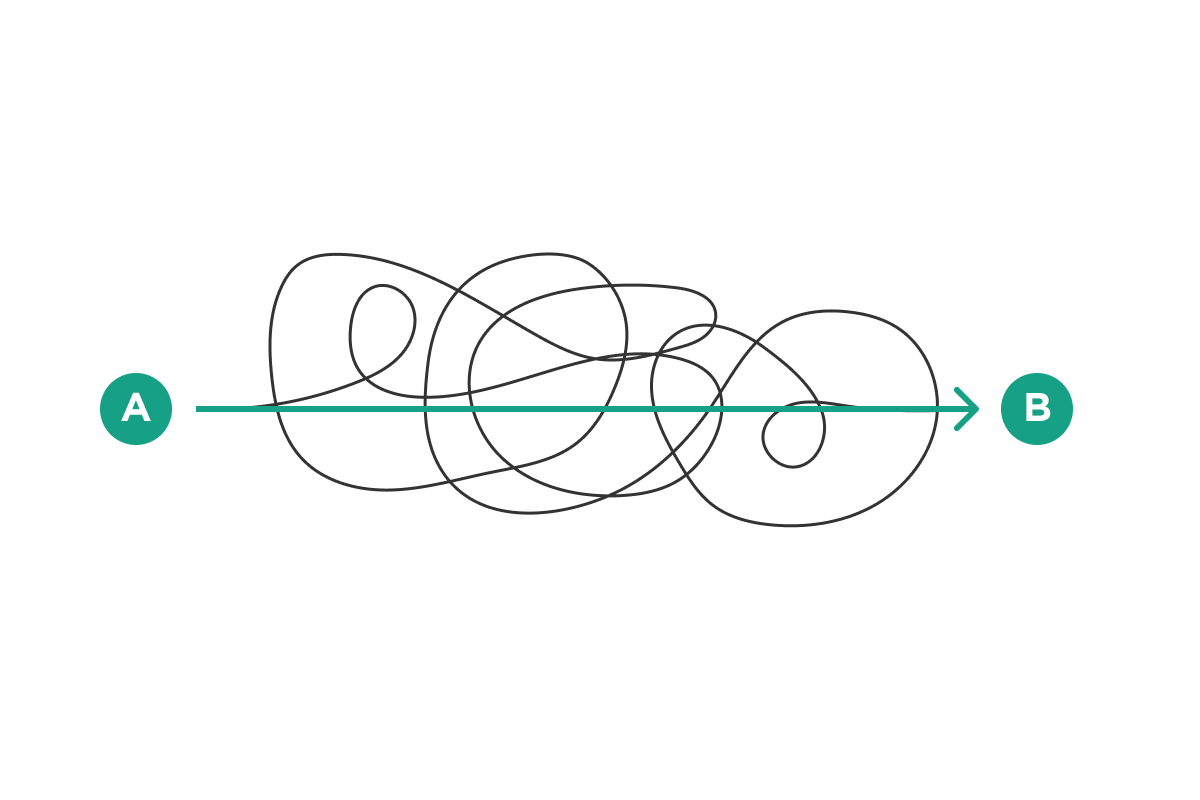Thoughts and Plans: Shaping Intentional Action

When people hear “Thoughts and Plans,” they often think of decision-making, goal-setting, or problem-solving. It’s the process of turning ideas into action—sometimes through careful planning, other times through spontaneous, reactive choices. While some associate it with deliberate strategy, others experience it as a constant stream of quick, automatic decisions.
The Power and Pitfalls of Autopilot
Much of our daily decision-making runs on autopilot. Habits, routines, and subconscious biases guide us, saving time and mental energy. While this automatic mode can be helpful, it can also lead to missed opportunities, impulsive choices, or repeating patterns that no longer serve us. The key to more effective thoughts and plans lies in intentional awareness—pausing before acting, questioning habitual responses, and making space for reflection. Simple practices like mindfulness, journaling, or even taking a deep breath before making a decision can help shift us from reactivity to thoughtful action. By balancing structure with adaptability, we align our plans with our deeper values rather than simply reacting to circumstances. How do you currently approach your own thoughts and plans?
Managing External Stress and Finding Internal Clarity
When overwhelmed by multiple stressors, focusing on a single, specific situation at a time can bring clarity. Imagine a professional juggler—add too many balls, and even the most skilled performer is bound to drop them. Instead of juggling everything at once, try selecting one challenge and examining it from different perspectives:
- How does this situation compare to past experiences?
- How important is it in the grand scheme of things?
- Should you put it down, or explore it further?
This intentional focus prevents mental overload and allows for clearer, more effective decision- making.
Balancing Ambition with Capacity
In today’s fast-paced world, it’s easy to bite off more than we can chew in the pursuit of achievement. However, ambition must be balanced with capacity—our available time, experience, skills, and resources. When faced with frustration or setbacks, the natural reaction might be:
“It’s not fair.”
“Why did they get the promotion and I didn’t?”
“It’s all their fault.”
Instead of reacting impulsively, step back and reframe:
- What could I have done differently?
- Are there skills I can develop to position myself better next time?
- What advice would I give a friend in this situation?
Observing rather than reacting turns challenges into learning opportunities.
Observing and Navigating
Learning to observe our thoughts without being consumed by them creates space for curiosity and clarity. Asking yourself “Where do I want to be?” shifts focus from frustration to action, helping you identify the best path forward. Breaking down your goals into actionable next steps creates a roadmap toward success. Each small win moves you closer to your big- picture outcome—one intentional step at a time.
Plan to Be Surprised
At first, it may seem counterintuitive to slow down when faced with stress or uncertainty. But when you focus on one situation at a time, your Internal Observer provides insights that were previously buried under mental clutter. With practice, this shift from reactivity to awareness becomes a superpower—one that allows you to navigate life’s uncertainties with greater ease and confidence. As John Lennon famously said:
“Life is what happens to you while you are busy making other plans.”
The CoreSelf Mapping experience provides a simple yet powerful framework to harness self- trust, respect, and certainty. By slowing down, engaging with our Internal Observer, and aligning our choices with our values, we gain the tools to transform frustration into clarity and reactions into meaningful plans.
Ready to engage your Internal Observer when you approach your thoughts and plans?
Schedule your own CoreSelf Mapping experience or read our book on CoreSelf Positioning.
About the Authors
Jonathan Thomas, MSW
Whether at the potter's wheel, coaching medical professionals and teams, or in his private counseling practice, Jonathan Thomas has spent his life molding, shaping and creating something beautiful and new.
Tim Preston
As a successful serial-entrepreneur and angel investor, Tim Preston has spent the majority of his life learning, overcoming, and creating, from blank pieces of paper: self, spaces, teams, and businesses.
Together, Jonathan and Tim founded Simple. Not Easy., LLC, a company that developed CoreSelf Positioning™ tools to help companies and individuals to slow down and align energy levels, values, and actions in order to formulate their best next steps.
Learn more about Jonathan, Tim & CoreSelf Positioning.